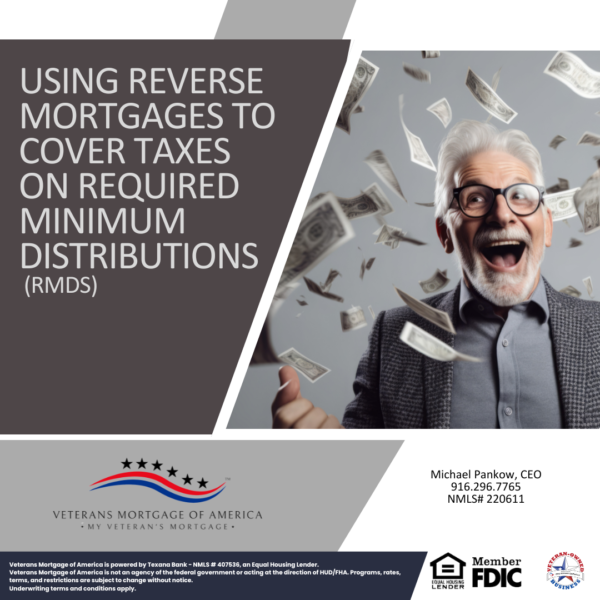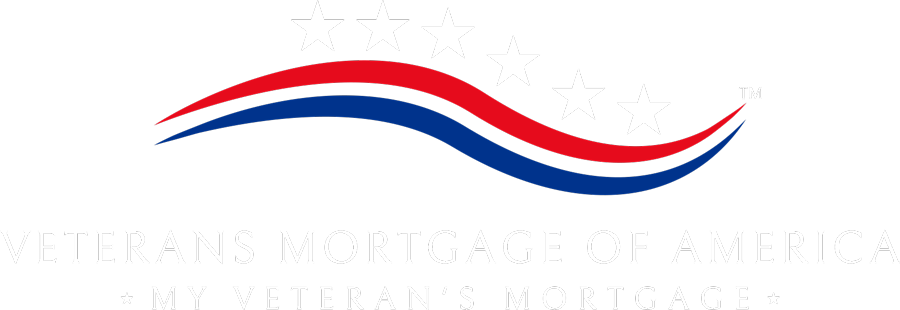 As individuals reach retirement age, understanding the implications of Required Minimum Distributions (RMDs) becomes essential for effective financial planning. Let’s explore how a Reverse Mortgage Line of Credit (LOC) can be a strategic tool for managing taxes and penalties associated with RMDs.
As individuals reach retirement age, understanding the implications of Required Minimum Distributions (RMDs) becomes essential for effective financial planning. Let’s explore how a Reverse Mortgage Line of Credit (LOC) can be a strategic tool for managing taxes and penalties associated with RMDs.
What Are RMDs?
- Definition: Required Minimum Distributions (RMDs) are the minimum amounts individuals must withdraw annually from their retirement accounts, such as traditional IRAs and 401(k)s, starting at age 72.
- Purpose: RMDs are designed to ensure that tax-deferred retirement savings are eventually taxed.
- Calculation: The amount of the RMD is based on the account balance and the individual’s life expectancy.
- Tax Implications: If the full RMD is not withdrawn, the IRS imposes a 50% penalty tax on the amount not distributed, creating a significant financial burden.
The Problem with RMDs
- Some retirees prefer to let their retirement assets grow rather than withdraw funds unnecessarily.
- Covering the tax penalties for missed RMDs can be challenging, especially if cash flow is limited or tied up in non-liquid assets.
How a Reverse Mortgage Can Help
A Reverse Mortgage Line of Credit (LOC) provides a flexible solution for retirees who face penalties for not meeting their RMD requirements. Here’s how it works:
- Tax Penalty Coverage: The LOC can be used to pay the 50% penalty tax on the undistributed RMD amount, preserving the retirement assets for future growth.
- No Impact on Cash Flow: By leveraging the LOC, retirees can avoid using cash reserves or selling investments to cover the penalty.
- Asset Preservation: With the penalty addressed through the Reverse Mortgage LOC, retirees can extend the life of their retirement savings while continuing to benefit from potential market growth.
- Flexibility: The LOC remains available for other financial needs, making it a versatile resource in a well-rounded retirement strategy.
Key Benefits of Using a Reverse Mortgage LOC for RMD-Related Taxes
- Prevents premature depletion of retirement funds.
- Ensures compliance with IRS regulations without sacrificing financial security.
- Provides peace of mind by maintaining liquidity and avoiding unnecessary financial strain.
Conclusion
Managing RMD obligations is a critical aspect of retirement planning, but it doesn’t have to come at the expense of your financial freedom. A Reverse Mortgage Line of Credit offers an innovative solution to cover penalties while allowing your retirement assets to continue growing.
For more information on how a Reverse Mortgage can support your retirement goals, please contact, Michael Pankow, at 916.296.7765. NMLS 220611





